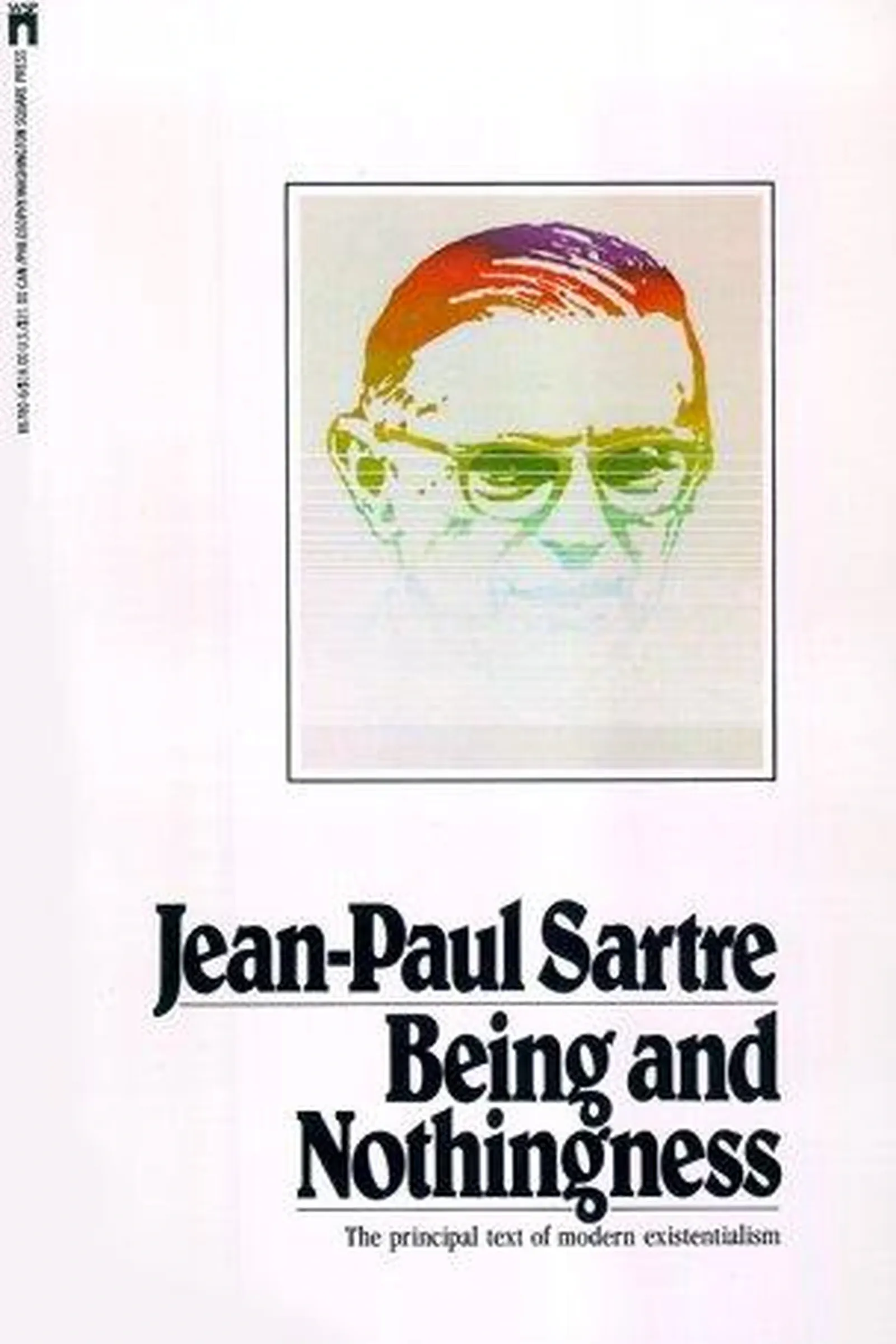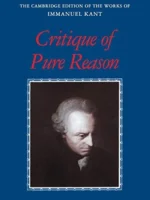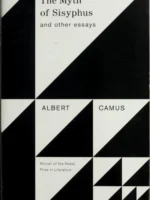Being and Nothingness, Jean-Paul Sartre, 1943
- Author: Jean-Paul Sartre
- Genre: Philosophy
- Publisher: Routledge
- Publication Year: 1965
- Pages: 864
- Format: Paperback
- Language: English
- ISBN: 978-0671203735
- Rating: 4,1 ★★★★☆
Being and Nothingness Review
About
Jean-Paul Sartre’s Being and Nothingness (1943) is the cornerstone of existentialist philosophy—dense, audacious, and deeply human. Written during World War II, it confronts freedom, consciousness, and self-deception in a world stripped of divine meaning. Sartre’s prose is philosophical but visceral, blending metaphysics with psychology and literary energy.
Overview
Sartre builds his ideas from phenomenology—the study of consciousness. He argues that “existence precedes essence,” meaning humans define themselves through action, not preordained nature. The book examines how people flee from freedom through “bad faith,” creating false identities to escape responsibility. It’s not easy reading, but it remains one of the most influential explorations of human freedom ever written.
Summary
(light spoilers) Sartre begins by describing consciousness as pure awareness—empty yet creative. From this emptiness, humans project values and meaning. Yet this freedom terrifies us, so we invent excuses: religion, roles, social masks. Sartre dissects everyday life—love, shame, work—to show how we hide from our freedom. His analysis of “the look” (how others define us) still resonates in modern psychology. The book closes not with comfort but challenge: meaning is ours to make, and no one can live it for us.
Key Themes / Main Ideas
• Radical freedom — humans create themselves through choice.
• Bad faith — self-deception as denial of responsibility.
• Authenticity — living truthfully despite uncertainty.
• The gaze — how others’ perception shapes identity.
• Nothingness — the gap between what we are and what we could be.
Strengths and Weaknesses
• Strengths — Philosophically daring and emotionally raw.
• Strengths — Bridges abstract theory and lived experience.
• Weaknesses — Dense, sprawling, and often opaque.
• Weaknesses — Demands rereading and patience, but rewards both.
Reviewed with focus on themes, audience, and takeaways — Jean-Paul Sartre
| pa_author | Jean-Paul Sartre |
|---|---|
| ISBN | 978-5-383-88812-7 |
| pa_year | 1961 |
| Pages | 395 |
| Language | English |







